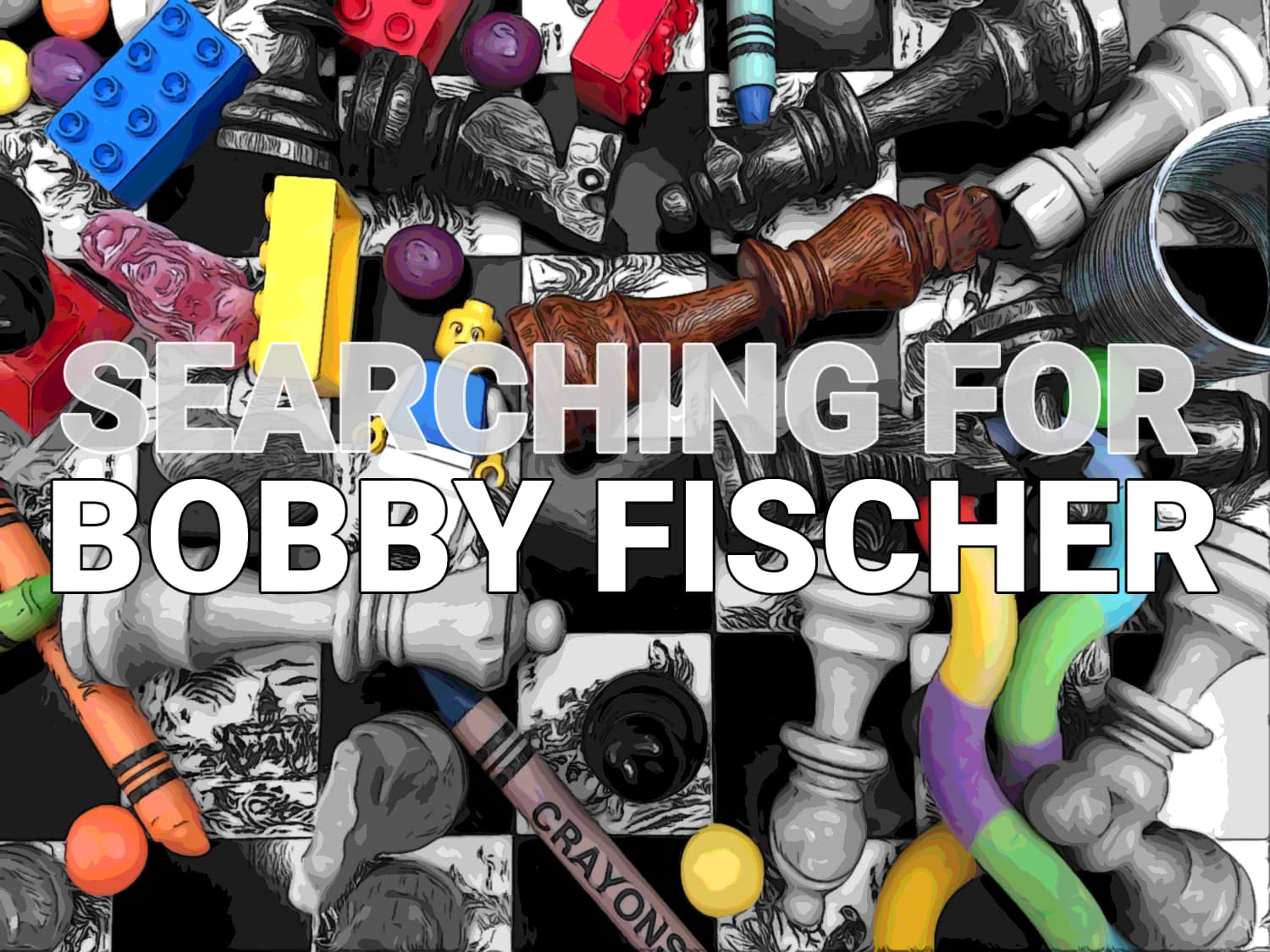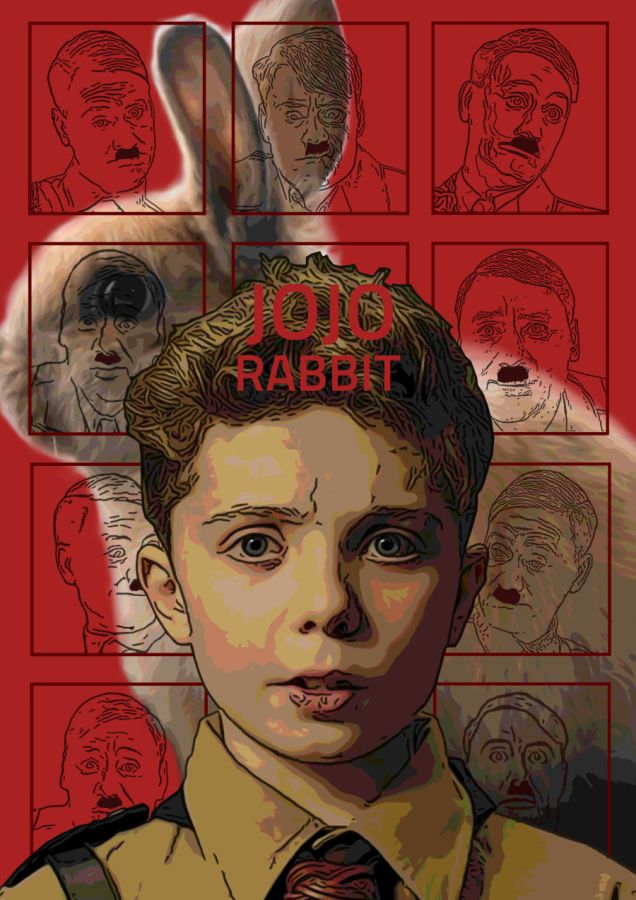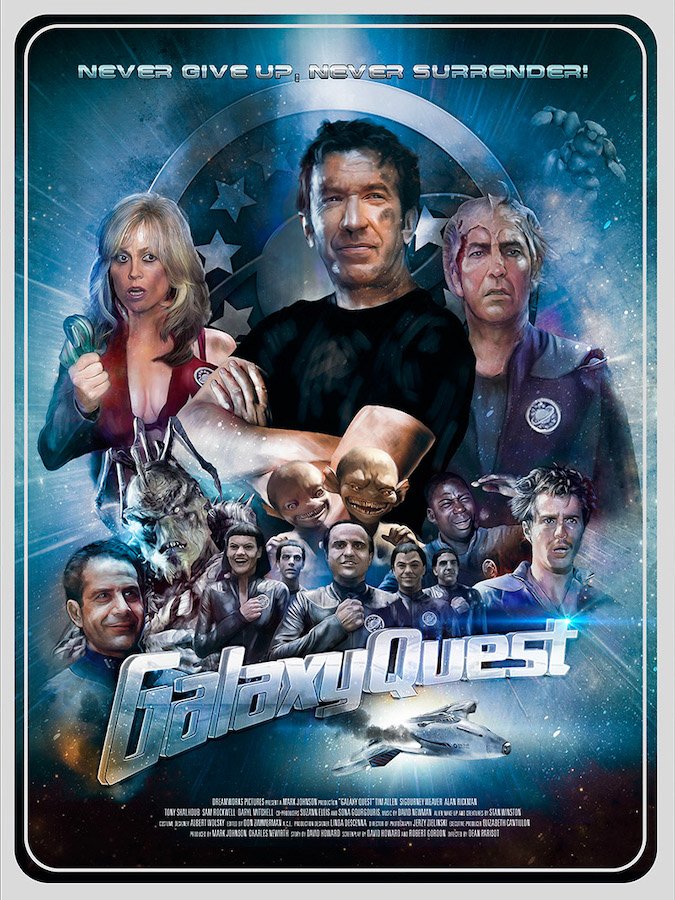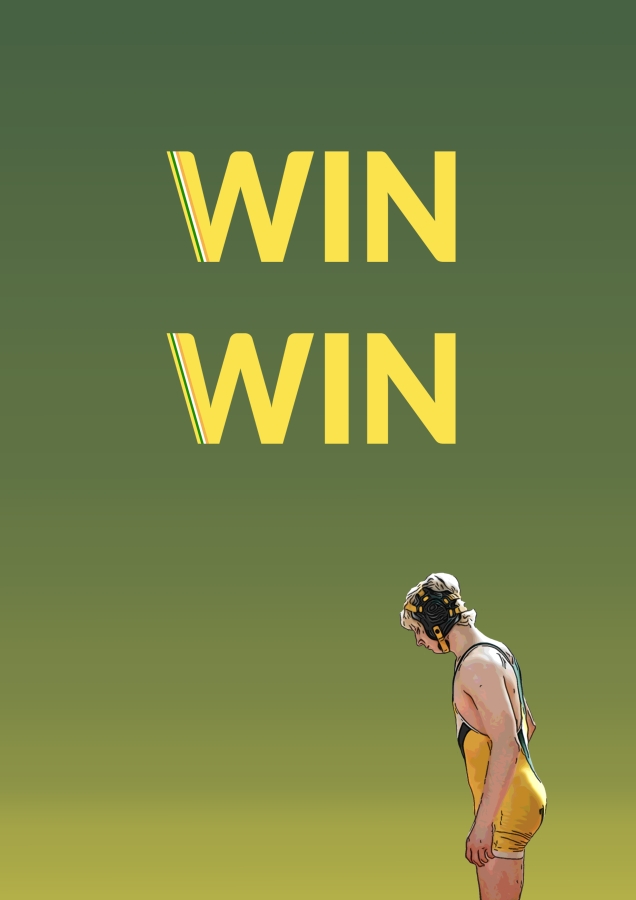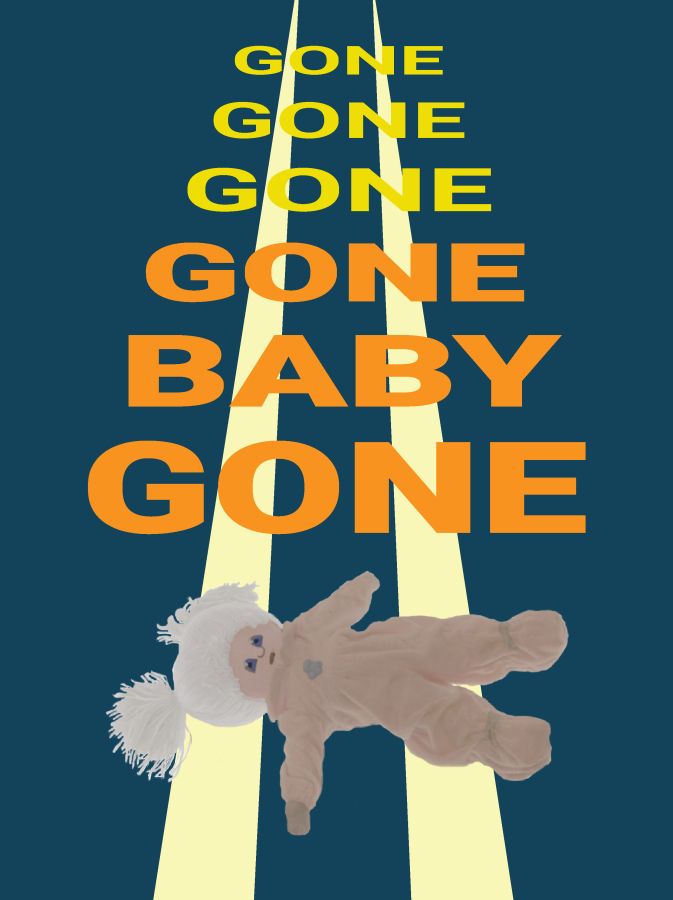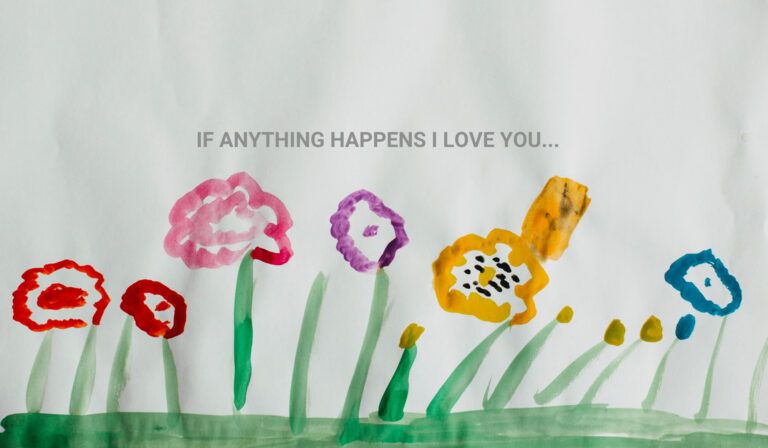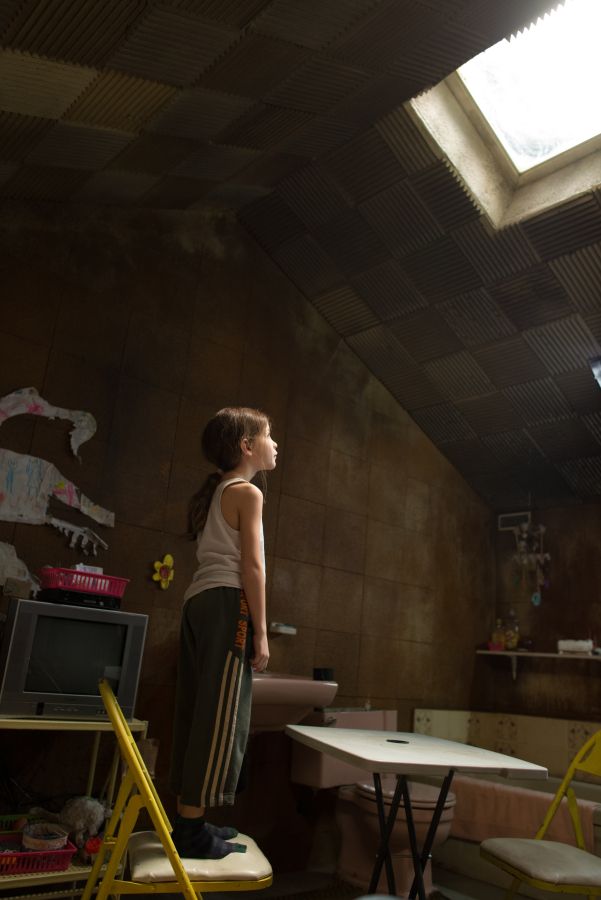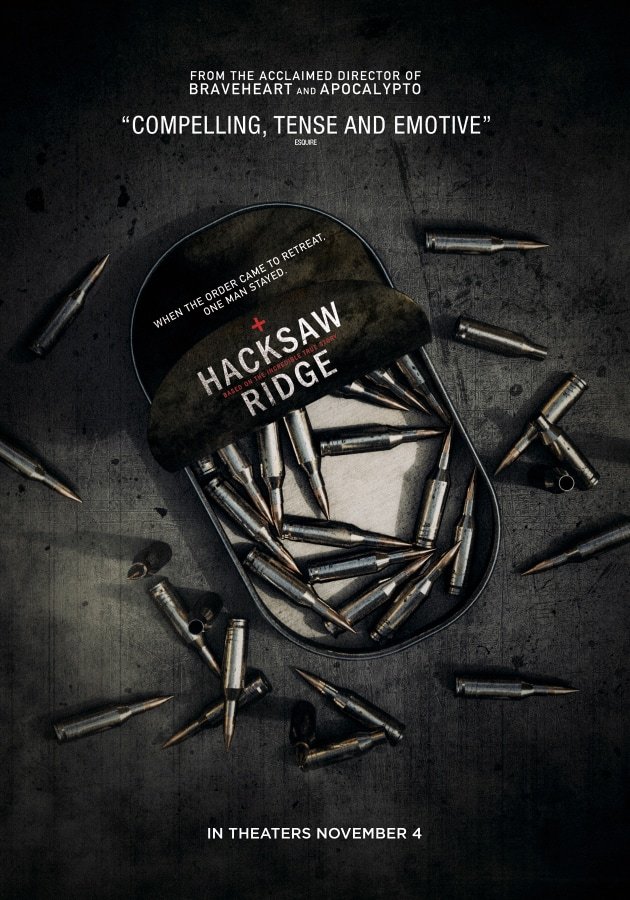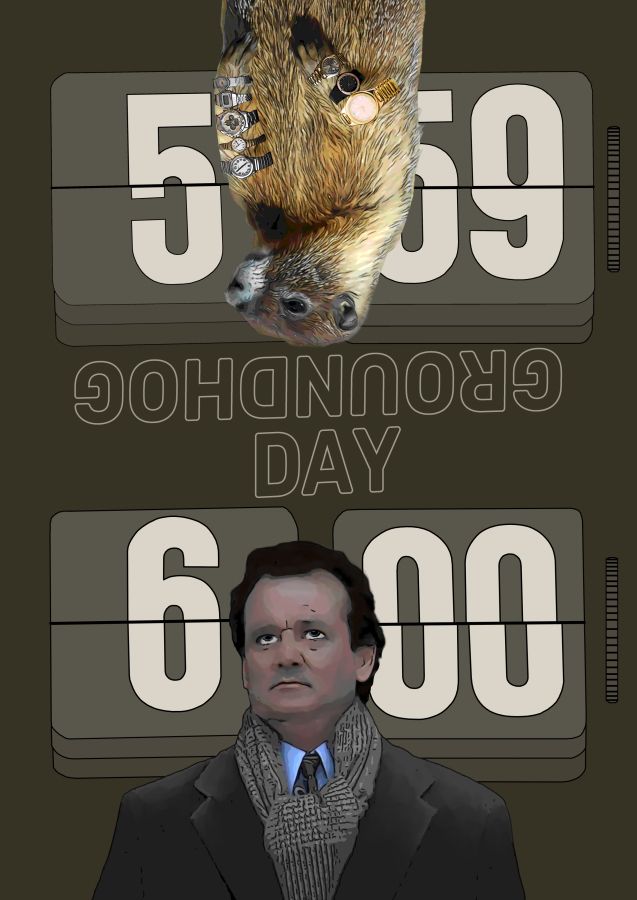A feel-good family film, based on the true story of Josh Waitzkin; a seven-year-old boy who happens upon a game of chess and from the first showing of his instinctual skills is thrust into its competitive game. The magic of Searching for Bobby Fischer doesn’t come from sorcery and spells, but like Peter Pan, the heart of its story is about being a child; innocence, trust, friendship, family, and a love of just playing. But when people see Josh, they see the once famous and successful chess player Bobby Fischer – wanting and even demanding that Josh succeeds in his steps, but what if it comes at the cost of his childhood? Inspired by the book of the same name by Josh’s dad, Fred Waitzkin, the film offers an honest account, revealing both the heart of the game and the importance of family.
Searching for Bobby Fischer opens with the career-defining win of Bobby Fischer, his life story told from the young voice of Josh as he’s judged and pressured to be his successor. Bobby’s story is as such intersected with Josh’s; his early start to chess, his success, the pressure on him, each narrated by Josh as he feels the comparison. But although there are similarities between the two, there are just as many differences. Josh is not Bobby, and why should he want to be when Bobby’s life seemed a series of competitions?
Commenting on the joy of playing, the film shows Josh’s (Max Pomeranc) discovery of chess through a moment of make-believe as he wanders away from his seventh birthday, to come across adults playing the game in the park. And just as we’re shown Josh’s fascination and mastery of the game, we’re shown an even greater strength; his empathy. But instead of celebrating the latter it’s treated as a weakness both by his father (Joe Mantegna) and his chess instructor (Ben Kingsley) who try drive it out. Where Josh sees fun, possibilities and friendship, the adults see success, pride, or judgement. This difference in viewpoints is emphasised throughout, with the adults being the ones to push and jostle in their competitiveness, rather than the children. In a later struggle against this, the family-film instils a message of kindness, whilst avoiding being overly sentimental by including the harsh reality of parental pressure.
In Searching for Bobby Fischer there are multiple role models for Josh; each instilling a different perspective to him, but in the end which will he follow? Laurence Fishburne is excellent as Vinnie, a man who may or may not be homeless, and plays for the passion and feel of the game. Presenting an opposing figure to Vinnie, is Ben Kingsley who plays Bruce Pandolfini; a highly respected chess master/teacher, who is governed by wins and rules. Both actors are as always great, but I would have enjoyed seeing more of Vinnie’s character, who presented the opportunity of a more layered past. Another pairing of differences is Josh’s parents, who disagree on how to treat him and his success. These opposing sides are much like the game of chess itself, whilst also reflecting the external and internal struggles of Josh’s life.
Primarily however, the film focuses on the changing relationship of Josh and his father, Fred Waitzkin, a sports journalist who sees that his son could be a star player (much like those he comments on) and so he throws everything behind it. What started out as a new game for Josh to play soon becomes a ruler to measure him by; to succeed and thereby please, or to fail and disappoint. Emphasising the expectations that are placed on children by their parents, and in turn their blindness in taking away their childhood. Searching for Bobby Fischer shows a poignant and well-rendered moment of Fred holding Josh’s trophy like a treasure, rather than the son asleep by his side.
Not wanting to disappoint, Josh does everything that’s expected of him, but when a competitor comes along who’s the same age and level in skill, he sees that people are beginning to whisper that he could “also” be the next Bobby Fischer – it’s from here that things begin to really ramp up and the pressure is felt. From primarily following Josh’s perspective and those around him, it’s nice when towards the end of the film there’s a reversal in perspective – showing the challenger as the one now being intimidated. This is done perfectly in sync with the game, for every time the competitor looks away, Josh is winning his games of chess, and is moving across the ranks of players and towards him. Following on from this, the director, Steven Zaillian, chillingly uses sound to raise the tensions of the movie; the noise of multiple games slowly lessening as the camera pans down from the hall’s hallowed ceiling to the empty seats below – and finally the last game waiting to be played.
Searching for Bobby Fischer manages to avoid being a slow burner through exploring the personal investments of each character. Their passions and emotions propelling the film to its finale. Its clichés, if you could argue it has them, is only in the pattern of winning and losing, but in Josh’s last decision he seeks to break the mould and happily so. A heart-warming film for any generation to enjoy.
Director & Writer: Steven Zaillian
Other notable works:
- The Irishman 2019
- My Dinner with Hervé 2018
- The Night Of 2016
- Life Itself 2014
- The Girl with the Dragon Tattoo 2011
- Moneyball 2011
- American Gangster 2007
- Gangs of New York 2002
- Clear and Present Danger 1994
- Schindler’s List 1993
- Awakenings 1990
Based on the book Searching For Bobby Fischer: The Father of a Prodigy Observes the World of Chess by Fred Waitzkin.

